PRO-DEMOCRATIC
The goal of the project is to design new generic election rules, protocols and algorithms that ensure proportionality—an equal treatment of implicit groups of voters (i.e., groups that are not declared upfront). We plan to prove theorems establishing whether our notions of proportionality are satisfiable, specifically when combined with other desirable properties, and formally justifying that our new rules are proportional. We plan to design efficient algorithms for the problem of finding proportional public decisions.
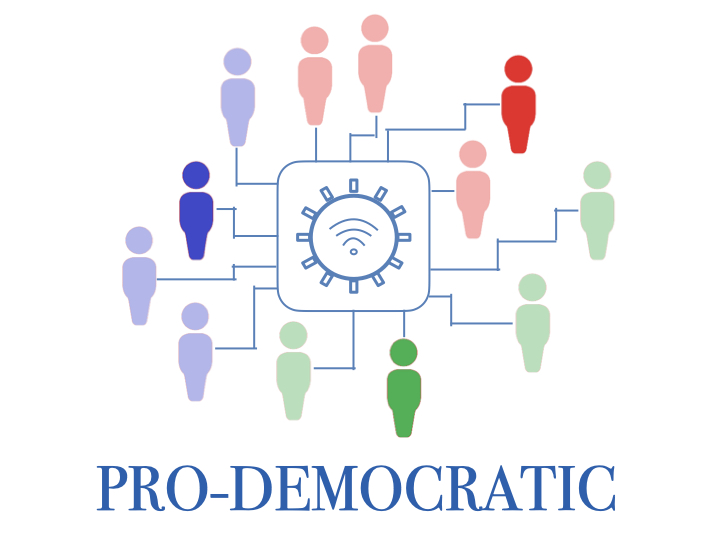
Team
Principal Investigator

Piotr Skowron, Associate Professor
Team Members

Oskar Skibski, Associate Professor
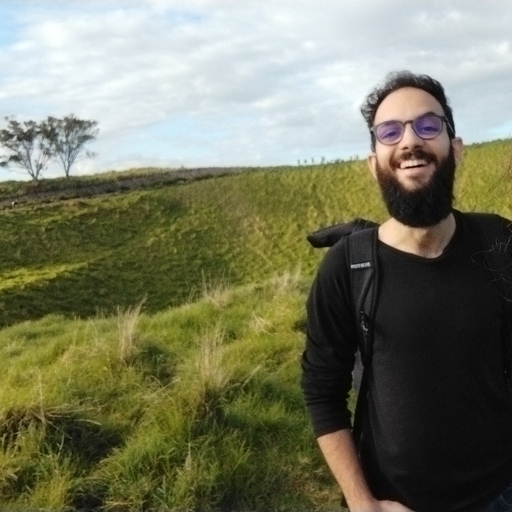
Georgios Papasotiropoulos, Postdoctoral Researcher

Grzegorz Pierczyński, Postdoctoral Researcher
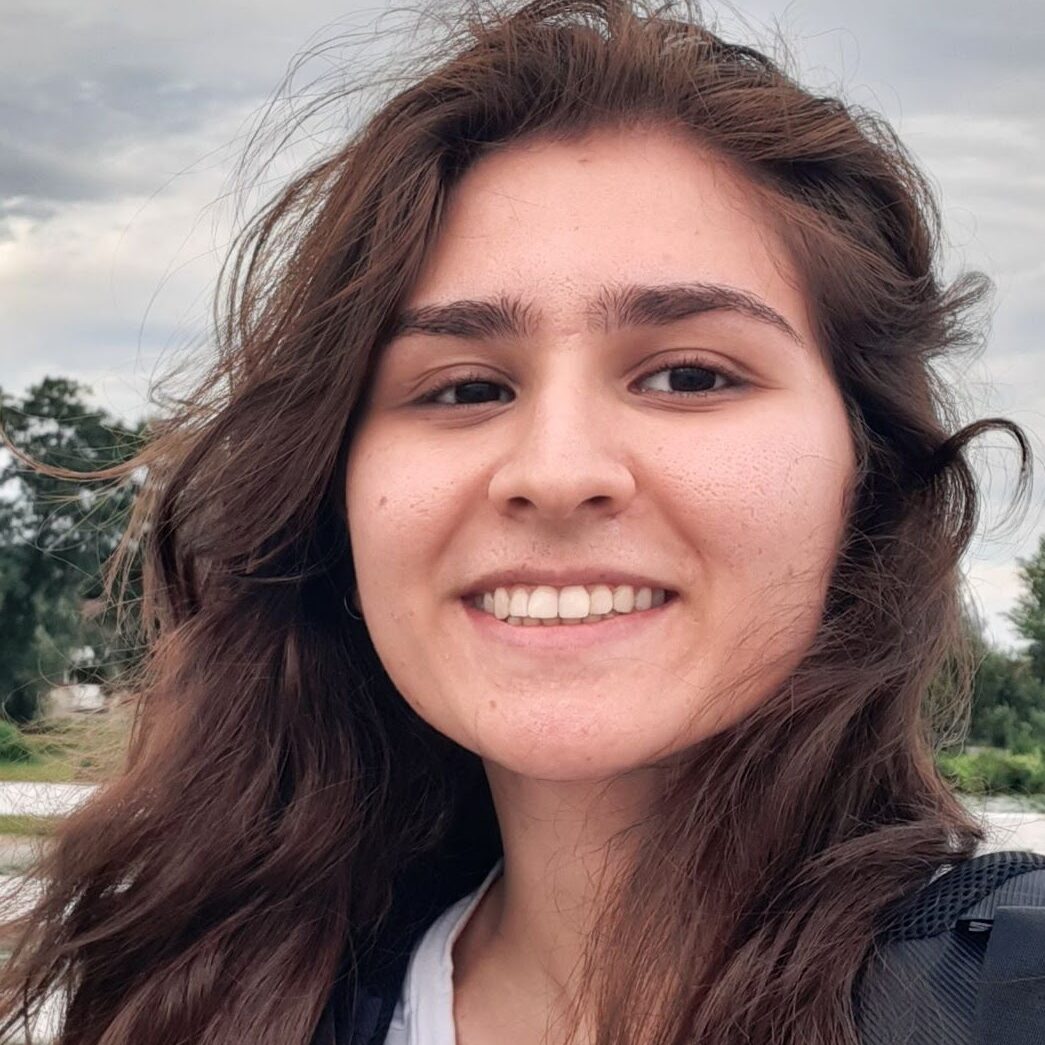
Seyedeh Zeinab Pishbin, Intern Researcher
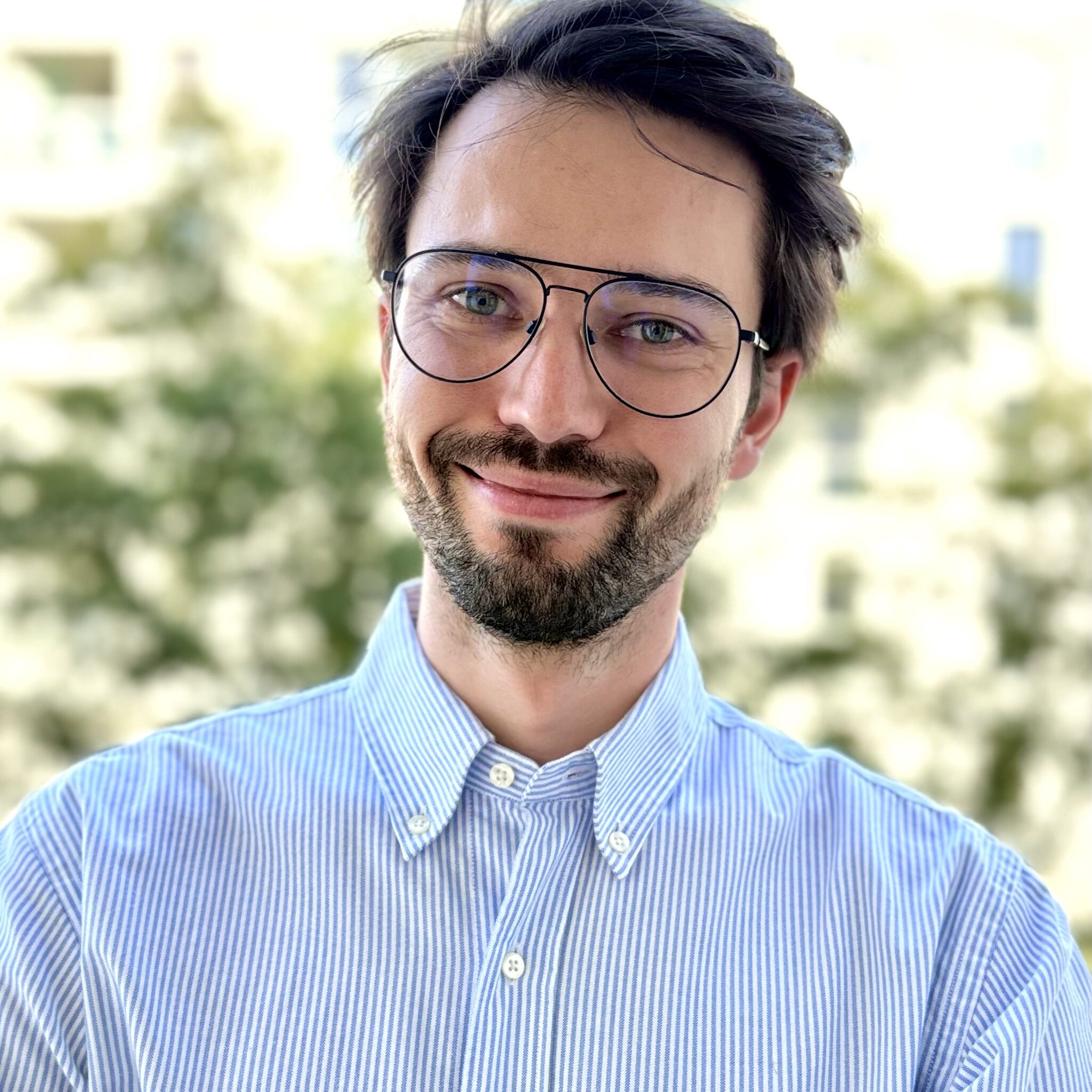
Jan Sznajd, PhD student

Grzegorz Kwacz, PhD student
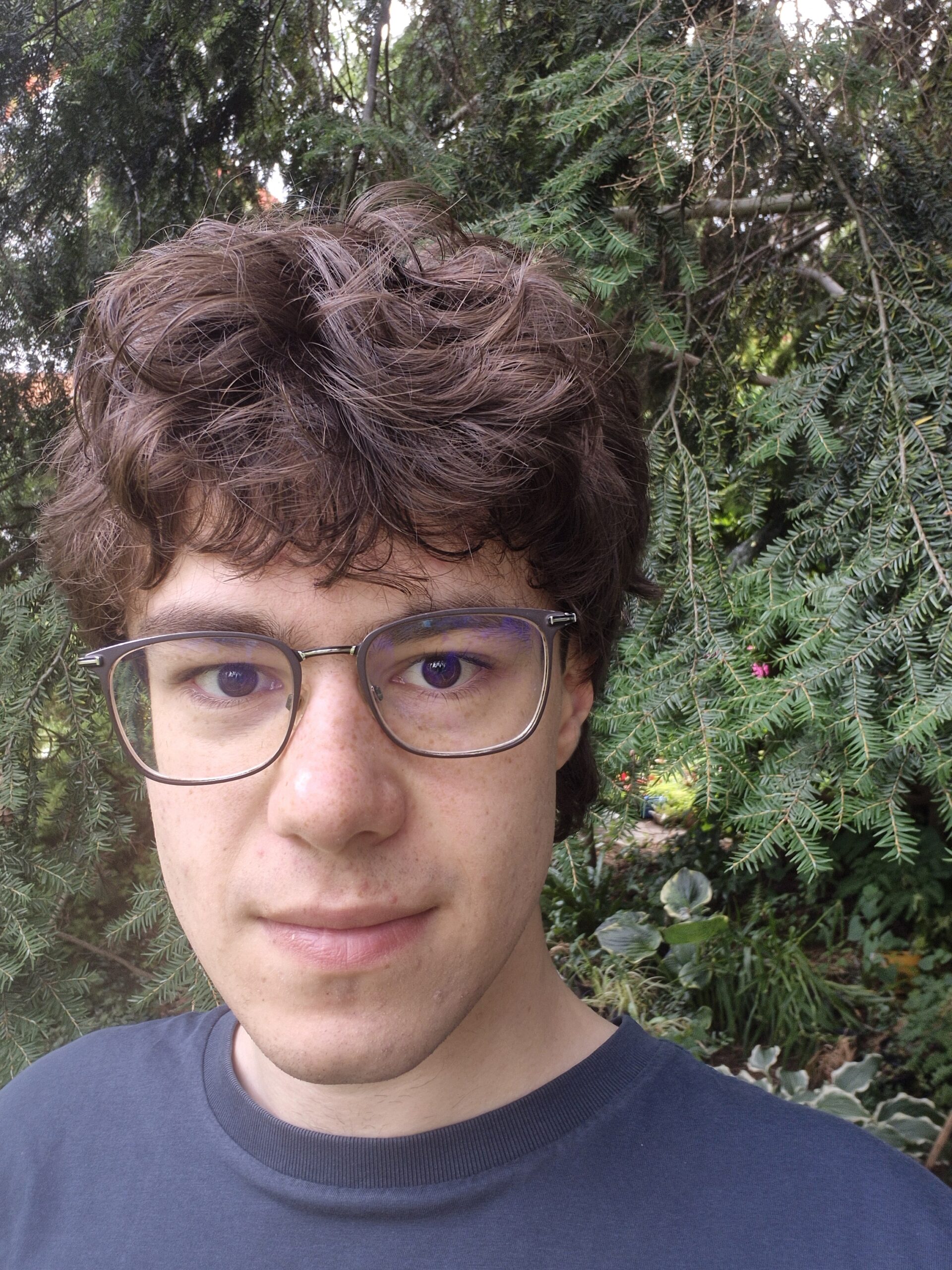
Mikołaj Czarnecki, BSc student
Former Team Members
Jana Masaříková (Postdoctoral Researcher)
Stanisław Kaźmierowski (PhD student)
Michał Korniak (BSc student)
Publications
Georgios Papasotiropoulos, Seyedeh Zeinab Pishbin, Oskar Skibski, Piotr Skowron, Tomasz Was: Method of Equal Shares with Bounded Overspending. EC 2025: 841-868. ArXiv
Sonja Kraiczy, Georgios Papasotiropoulos, Grzegorz Pierczynski, Piotr Skowron: Proportionality in Thumbs Up and Down Voting. 2025. ArXiv
Georgios Papasotiropoulos, Oskar Skibski, Piotr Skowron, Tomasz Was: Proportional Selection in Networks. 2025. ArXiv
P. Faliszewski, L. Janeczko, A. Kaczmarczyk, G. Lisowski, P. Skowron, M. Szwagierczak: Strategic Cost Selection in Participatory Budgeting. NeurIPS 2025. ArXiv
Georgios Papasotiropoulos, Zein Pishbin: Fairness in the Multi-Secretary Problem. AAAI 2026. ArXiv
Georgios Amanatidis, Aris Filos-Ratsikas, Philip Lazos, Evangelos Markakis, Georgios Papasotiropoulos: On the Potential and Limitations of Proxy Voting: Delegation with Incomplete Votes. Theory of Computing Systems.
Philip Lazos, Evangelos Markakis, Georgios Papasotiropoulos: Participatory Budgeting with Donations: The Case of Selective Voters. ECAI 2025. PDF
Georgios Amanatidis, Michael Lampis, Evangelos Markakis, Georgios Papasotiropoulos: On the Tractability Landscape of Conditional Minisum Approval Voting Rule. Information Processing Letters (special issue on Economics and Computation). 2025. PDF
Georgios Papasotiropoulos, Ulrike Schmidt-Kraepelin: Liquid Democracy: An Annotated Reading List. ACM SIGecom Exchanges. 2025. PDF
Evangelos Markakis, Georgios Papasotiropoulos: On the Complexity of Winner Determination and Strategic Control in Conditional Approval Voting. Theoretical Computer Science. 2025. ArXiv
Shiri Alouf-Heffetz, Łukasz Janeczko, Grzegorz Lisowski, Georgios Papasotiropoulos: The Cost Perspective of Liquid Democracy: Feasibility and Control. AAAI 2025: 13538-13545. PDF
Stanisław Kaźmierowski: Equilibria of the Colonel Blotto Games with Costs. AAAI 2025: 13969-13976. PDF
Tomás Masarík, Grzegorz Pierczynski, Piotr Skowron: A Generalised Theory of Proportionality in Collective Decision Making. EC 2024: 734-754. ArXiv
Piotr Faliszewski, Lukasz Janeczko, Andrzej Kaczmarczyk, Grzegorz Lisowski, Piotr Skowron, Stanislaw Szufa: Strategic Cost Selection in Participatory Budgeting. 2024. ArXiv
Niclas Boehmer, Piotr Faliszewski, Lukasz Janeczko, Dominik Peters, Grzegorz Pierczynski, Simon Schierreich, Piotr Skowron, Stanislaw Szufa: Evaluation of Project Performance in Participatory Budgeting. IJCAI 2024: 2678-2686. PDF
Georgios Amanatidis, Aris Filos-Ratsikas, Philip Lazos, Evangelos Markakis, Georgios Papasotiropoulos: On the Potential and Limitations of Proxy Voting: Delegation with Incomplete Votes. AAMAS 2024: 49-57. PDF
Evangelos Markakis, Georgios Papasotiropoulos: As Time Goes By: Adding a Temporal Dimension Towards Resolving Delegations in Liquid Democracy. ADT 2024: 48-63. PDF
Hosted Visitors
- Hanna Kern (PhD student, Vienna University of Economics and Business)
- Davide Grossi (professor, University of Groningen)
- Nidhi Rathi (Postdoctoral researcher, Max Planck Institute for Informatics)
- Sonja Kraiczy (PhD student, University of Oxford)
- Seyedeh Zeinab Pishbin (Bachelor student, University of Tehran)
- Georgios Papasotiropoulos (PhD student, Athens University of Economics and Business)
Research Dissemination
Highlights:
— The Method of Equal Shares with BoundedOverspending, introduced in our publication accepted at EC’25, has been selected by the city council for use in the upcoming Participatory Budgeting process in Pruszków, Poland. This will be the largest known budget globally to be allocated using a method with formal fairness guarantees.
— As part of our survey article on Liquid Democracy [see here], we launched a community-maintainable website that provides a living overview of most existing works in the field, along with a categorization based on the models they employ.
Workshops where our work was presented (peer-reviewed): 10th workshop on Computational Social Choice (Vienna, 2025), Workshop on New Directions in Social Choice (in conjunction with EC, Stanford, 2025), Conference of the European Network for Digital Democracy (Paris, 2025), Amsterdam/Saint-Etienne Workshop on Social Choice (Amsterdam, 2025), Meeting of the Society for Social Choice and Welfare (Paris, 2024), Workshop on Fairness in Operations Research (Bellairs Research Institute, Barbados, 2024).
Research Visits: AGH University of Science and Technology, Krakow, Poland (x2), Athens University of Economics and Business, Athens, Greece
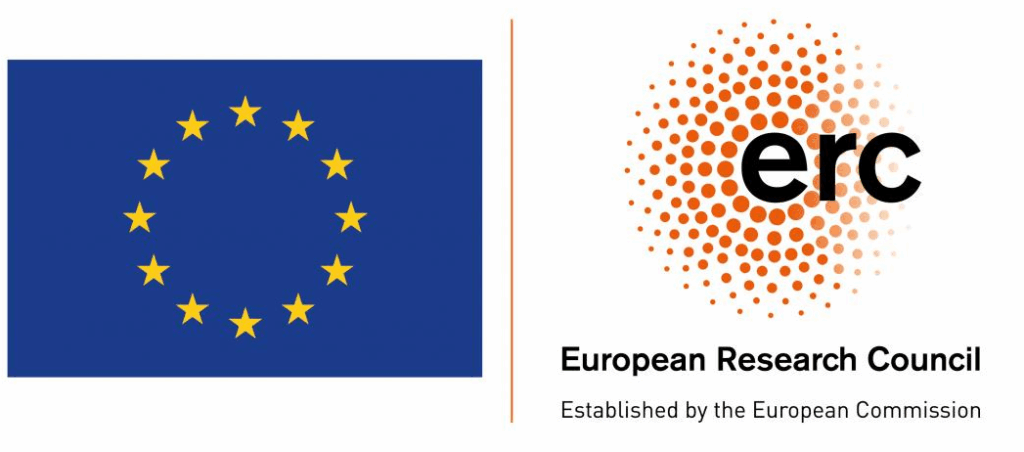
The Pro-Democratic project
has received funding from
the European Research Council
ERC, grant agreement No 101076570